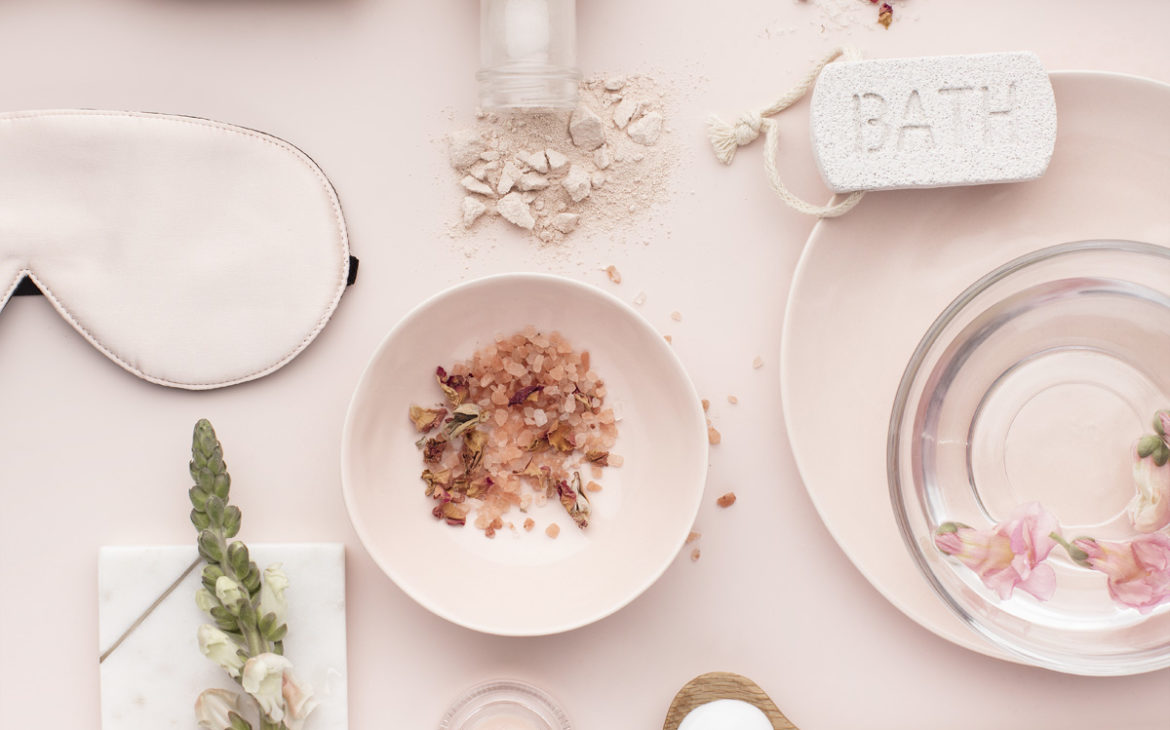
Why is Self-Care Difficult for You?
Do you ever find yourself feeling guilty for indulging in self-care? Do you find yourself thinking about what you should be doing instead, or how much needs to get done today or this week, that the little moment of indulgence feels like you are doing something wrong?
I’ve been there. I am honestly still there a lot. When I take the time to sit in a bath for a few minutes or sit down curled up with a tea and a good book, I feel like I am doing something wrong. Shouldn’t I be cleaning my bedroom instead? Should I be doing this instead of cooking lunch? No matter what your wounded self is trying to convince you of believing, I’m here to tell you that the answer is a resounding yes.Â
What I am learning is that those limitations I am putting on myself and my time reserved for me, stem from my childhood. The developmental stages we go through in childhood are very important because they shape our beliefs we carry around with us.Â
For example, in infancy, we learn to trust entirely, depend on others, and whether we are worthy of people’s time and love. In order to fully learn to trust in someone, our needs have to be met. If our parents are not fully there, or capable of emotionally or physically fulfilling those needs, it will lead to feelings of shame and unworthiness.Â
In toddlerhood, as we start to learn to take creative risks and explore if the needs we had in infancy weren’t met, we will not develop a healthy sense of trust and will have a difficult time at this stage. As we learn separation and start to come into our true “I am”, we are supposed to learn balance and boundaries. If both of our parents are not present during this time, it’s a very difficult job to do for one parent. My dad was away, working abroad until I was about 2 years old, so I know this is something I need to pay close attention to and heal.Â
“Healthy willpower and adventure is the goal of toddlerhood.” -Lacy Ann Phillips
Without healthy boundaries and willpower, we don’t learn discipline. Discipline is important because it teaches us the power of doing. If we don’t develop this skill, or if it wasn’t healthily modeled, we start to over-indulge or overdo things. This may lead to hoarding, obsessive-compulsive behaviors, or over-control. For me, I struggled with overeating for years. It was so unhealthy for me, and I beat myself up about it for so long, that it was very hard for me to come out of that rut. It took some very deep healing, in order to for me to begin addressing this issue, or even realizing it was there at all.Â
If our parents model unhealthy behavior in our childhood, such as not having a balance between work and life, or not being able to rest and stay still, we develop imbalances that affect us throughout life. This is why I still feel guilty about self-care or taking the time out for myself even if I am home alone. The model I needed as a child wasn’t there.Â
This isn’t to say that I am blaming my parents or family for not teaching me these skills, none of this was done consciously. We have to understand that these beliefs are formed unconsciously and interpreted differently by everyone. That’s why when healing, it’s important not to blame anyone for what happened to us. Even if you feel someone is to blame, this sort of negative thinking will stir your attention away and not let your subconscious show you what truly needs to be healed. Be patient. You will get there when you are ready. Just don’t give up. Healing takes time. It happens in layers, it is not a linear process.Â

Sources:

